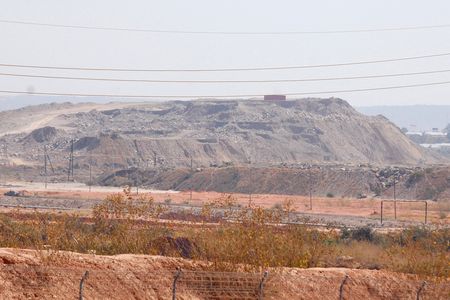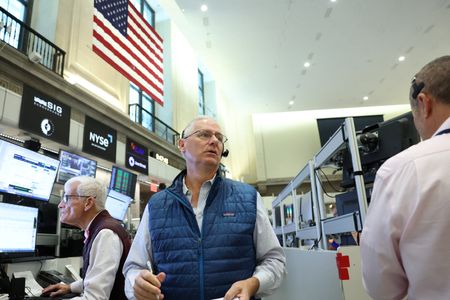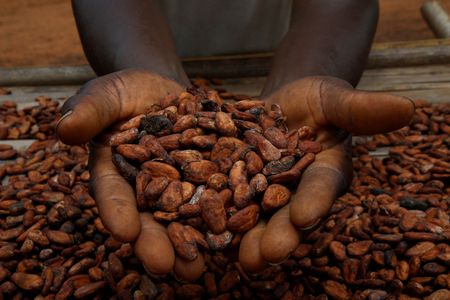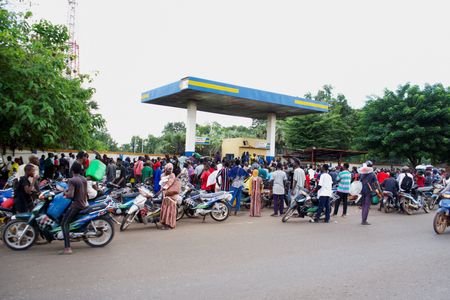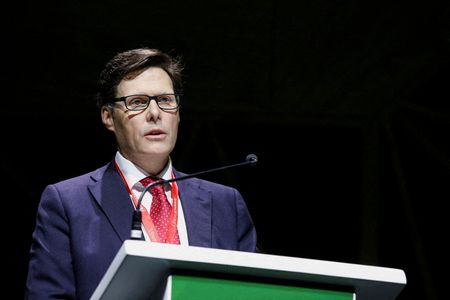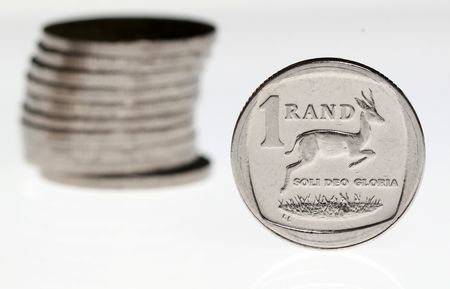By Maxwell Akalaare Adombila and Sonia Rolley
DAKAR (Reuters) -Mining companies operating in the Democratic Republic of Congo underreported $16.8 billion in revenue between 2018 and 2023, a state audit found, potentially reducing funds for the government and local communities.
Under Congo’s 2018 mining code, firms must contribute 0.3% of annual revenue to community development funds that typically support schools, clinics and water systems.
A June financial audit by the country’s Court of Auditors, seen by Reuters on October 5 and previously unreported, found that companies declared $81.4 billion to the development funds, but reported $98.2 billion to tax authorities.
DEVELOPMENT FUNDS LOST OUT ON $50 MILLION, REPORT SAYS
Congo, a top cobalt and copper producer – both critical for battery production – is among the world’s poorest countries.
The discrepancy resulted in $50.4 million in lost contributions to development funds, the report said.
CMOC’s TFM, Glencore’s Kamoto Copper, Ivanhoe’s Kamoa-Kakula mine, SICOMINES, Eurasian Resources Group’s Metakol and Ruashi Mining collectively underreported $10 billion, it said.
Number two cobalt exporter Glencore said its subsidiary Kamoto Copper had fully met its obligations under the mining code, adding that the discrepancy reflected competing interpretations of when the law took effect.
It added that its 0.3% community levy was calculated on half-year revenues and validated by auditors and the local development agency.
CMOC, the world’s top cobalt exporter, SICOMINES, Ivanhoe, Eurasian and Ruashi did not respond to requests for comment.
“Practically, 70% of the companies did not respect this regulation … and it’s an enormous loss of earnings for the Congolese state,” said attorney general Jean Chris Mubanga Musuyu in response to questions about the report’s findings.
The Court of Auditors recommended that the government suspend non-compliant firms and pursue prosecutions, mandate revenue audits and enforce stricter oversight.
NGOS WANT MINES TO BOOST INCOMES
Average annual income in Congo, which also has vast reserves of lithium, uranium and other minerals, is about $580 per person.
Conflict with Rwanda-backed M23 rebels in the mineral-rich east has killed thousands this year and displaced hundreds of thousands.
Civil society groups pushed for the 0.3% levy to channel funds directly to mining communities, bypassing central bureaucracy, to drive local development.
“The idea was to see how we can turn mining into a tool for uplift, not just extraction,” said Emmanuel Umpula Nkumba of Lubumbashi-based nonprofit AFREWATCH.
“If this is well managed, it will improve lives on the ground.”
(Writing by Maxwell Akalaare Adombila; Editing by Clara Denina, Robbie Corey-Boulet and Mark Potter)

